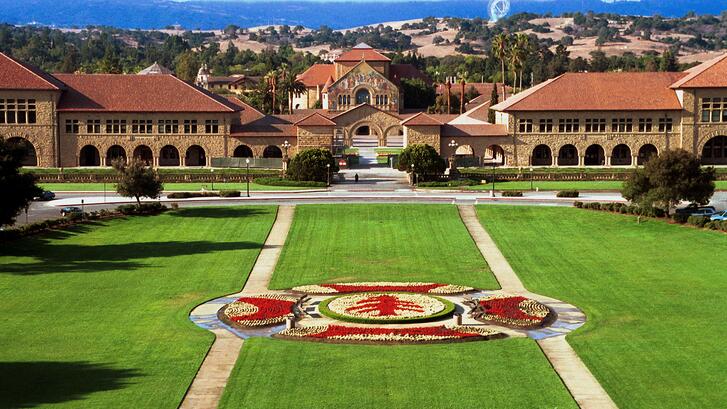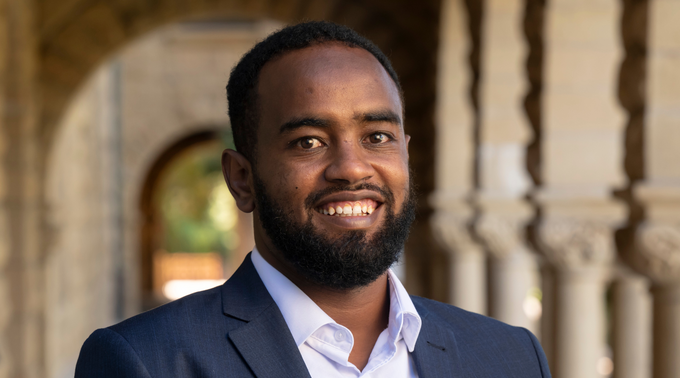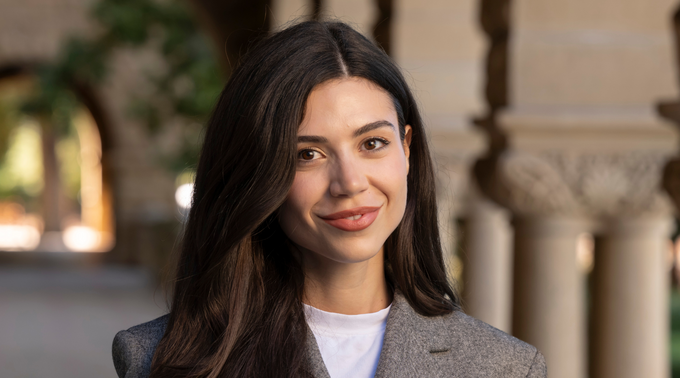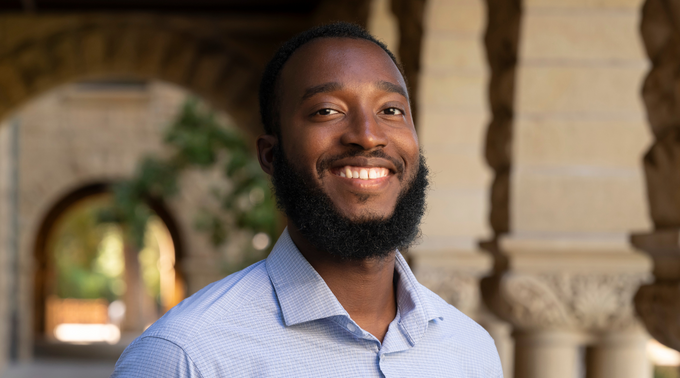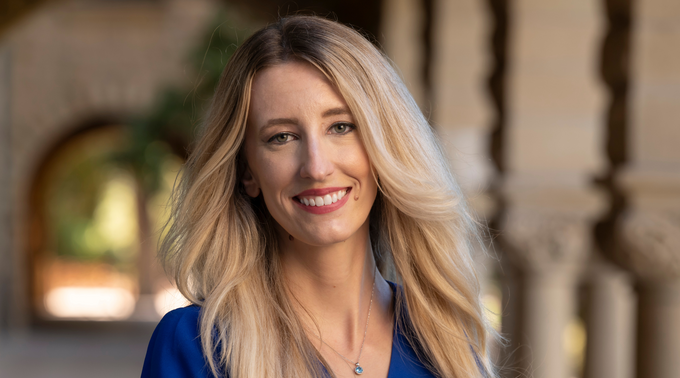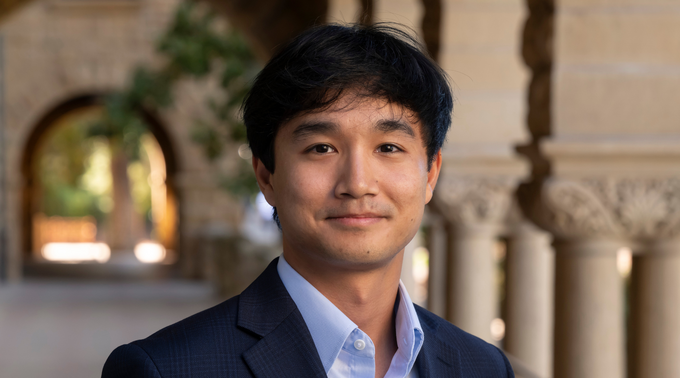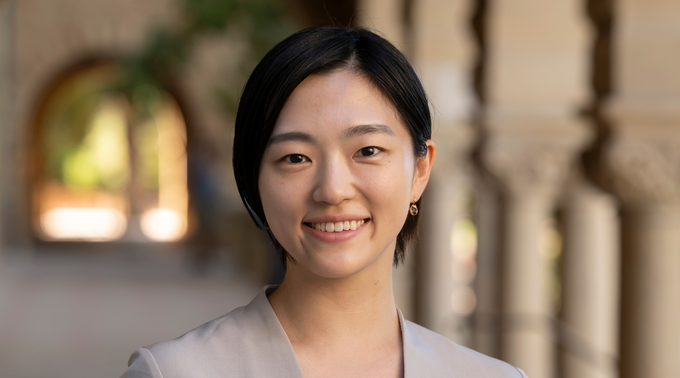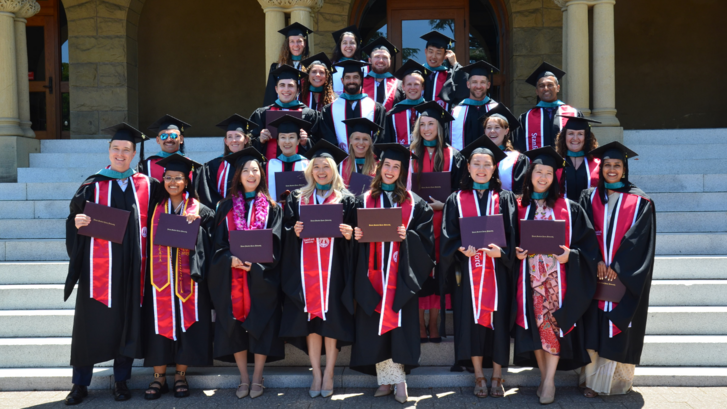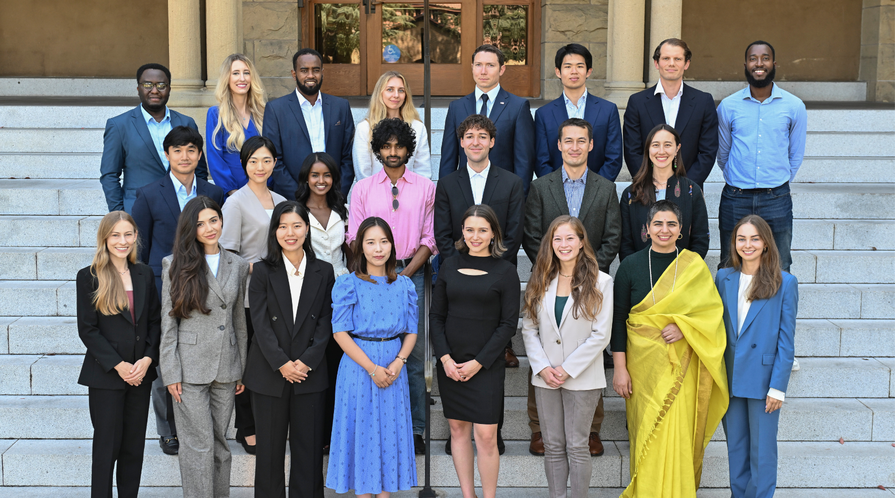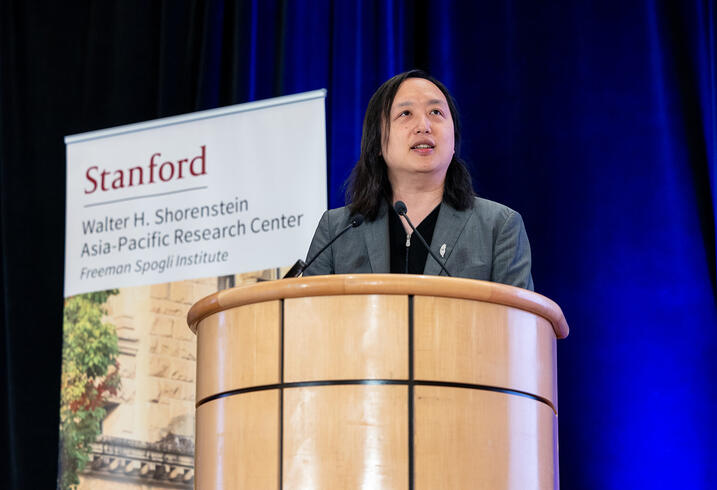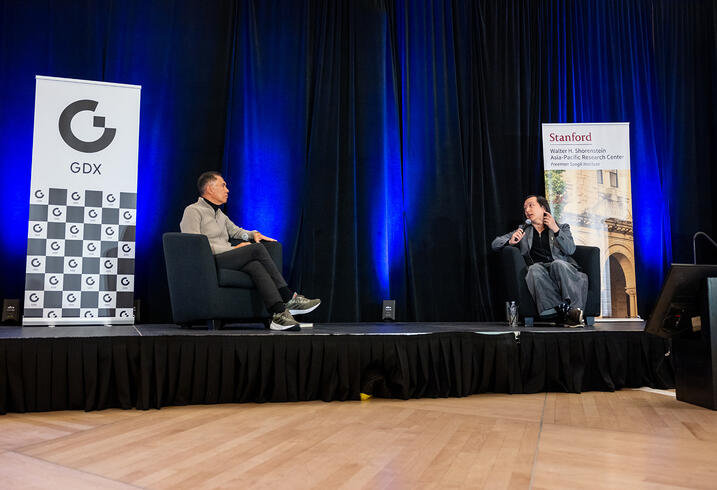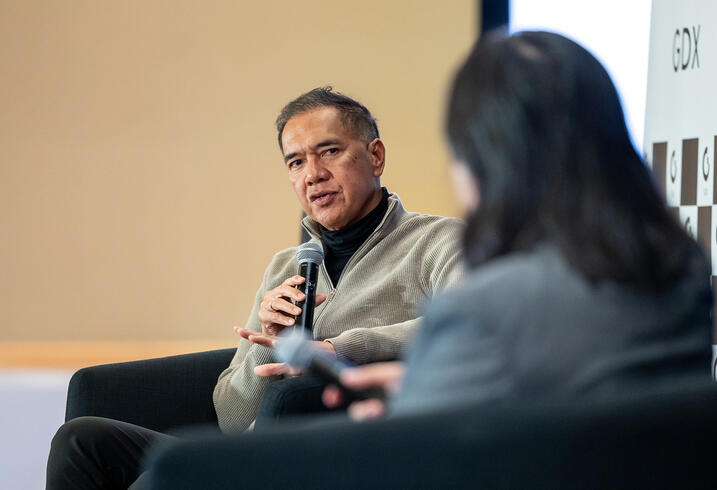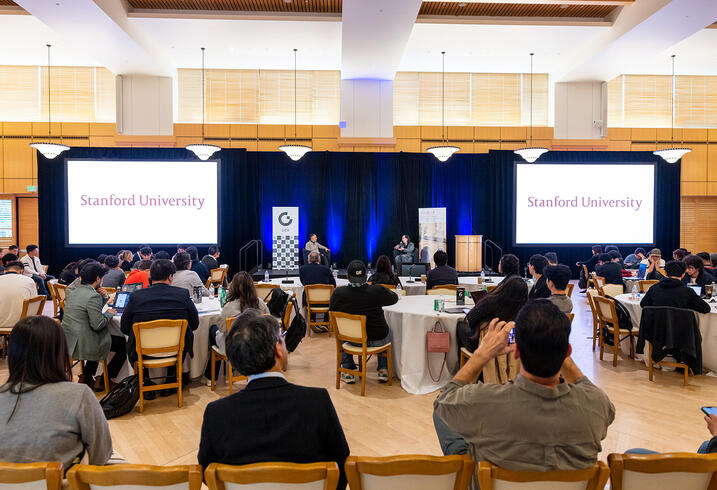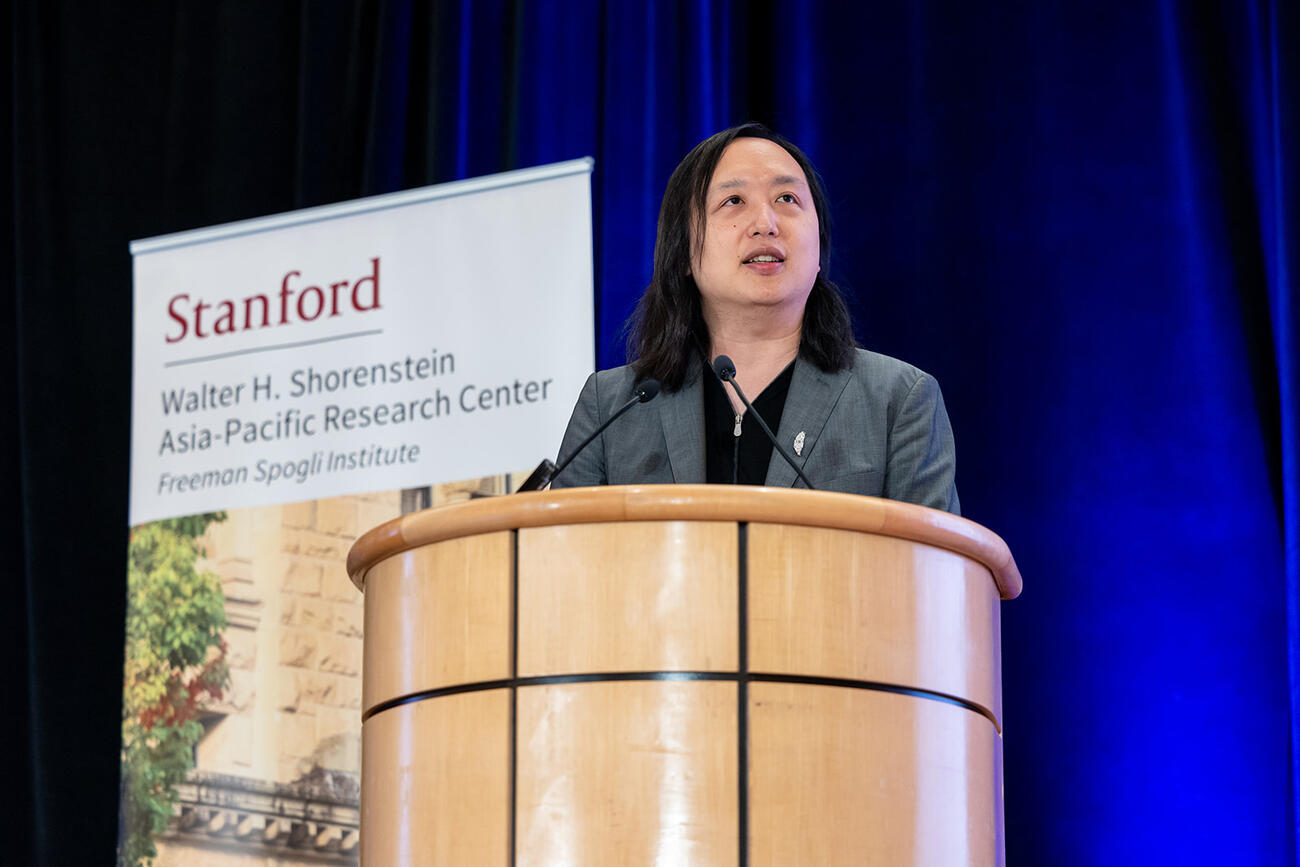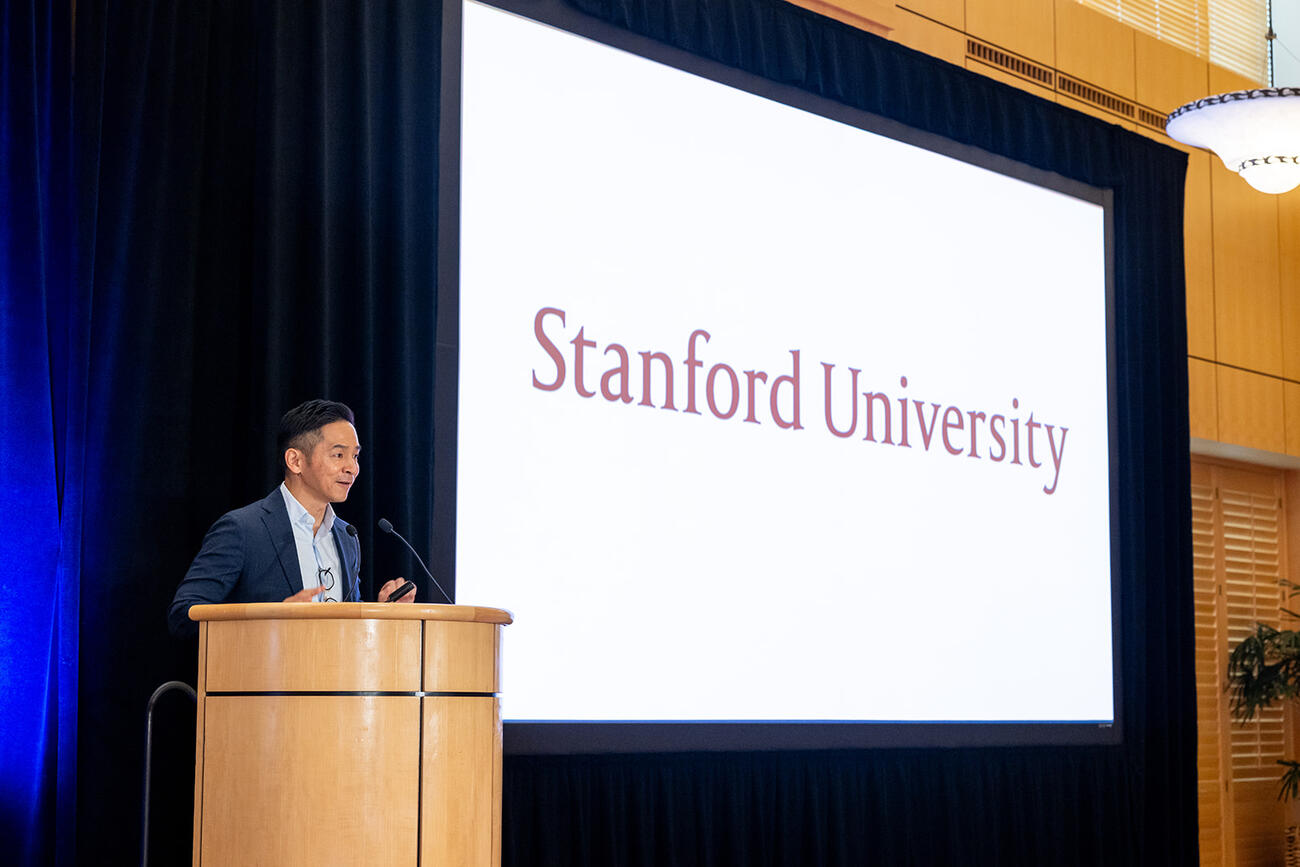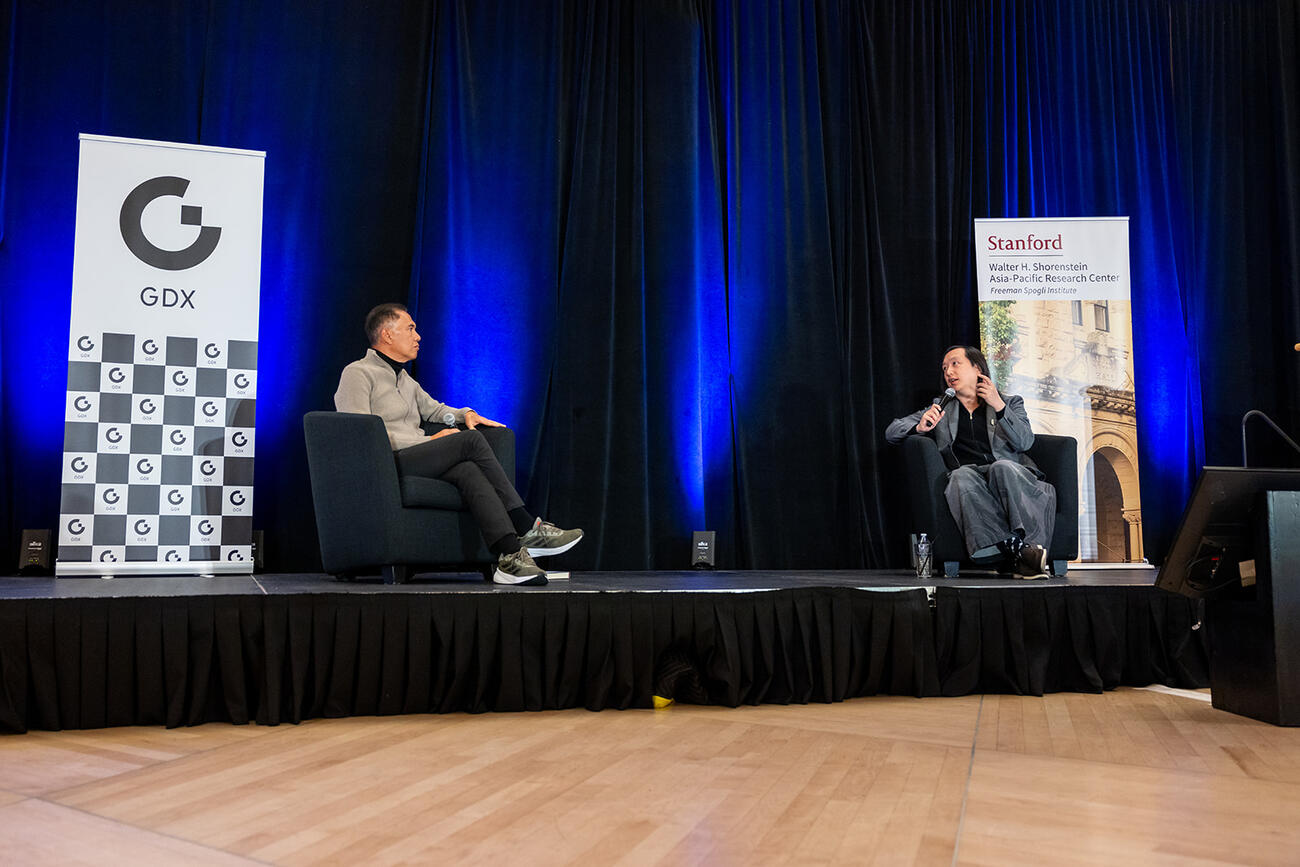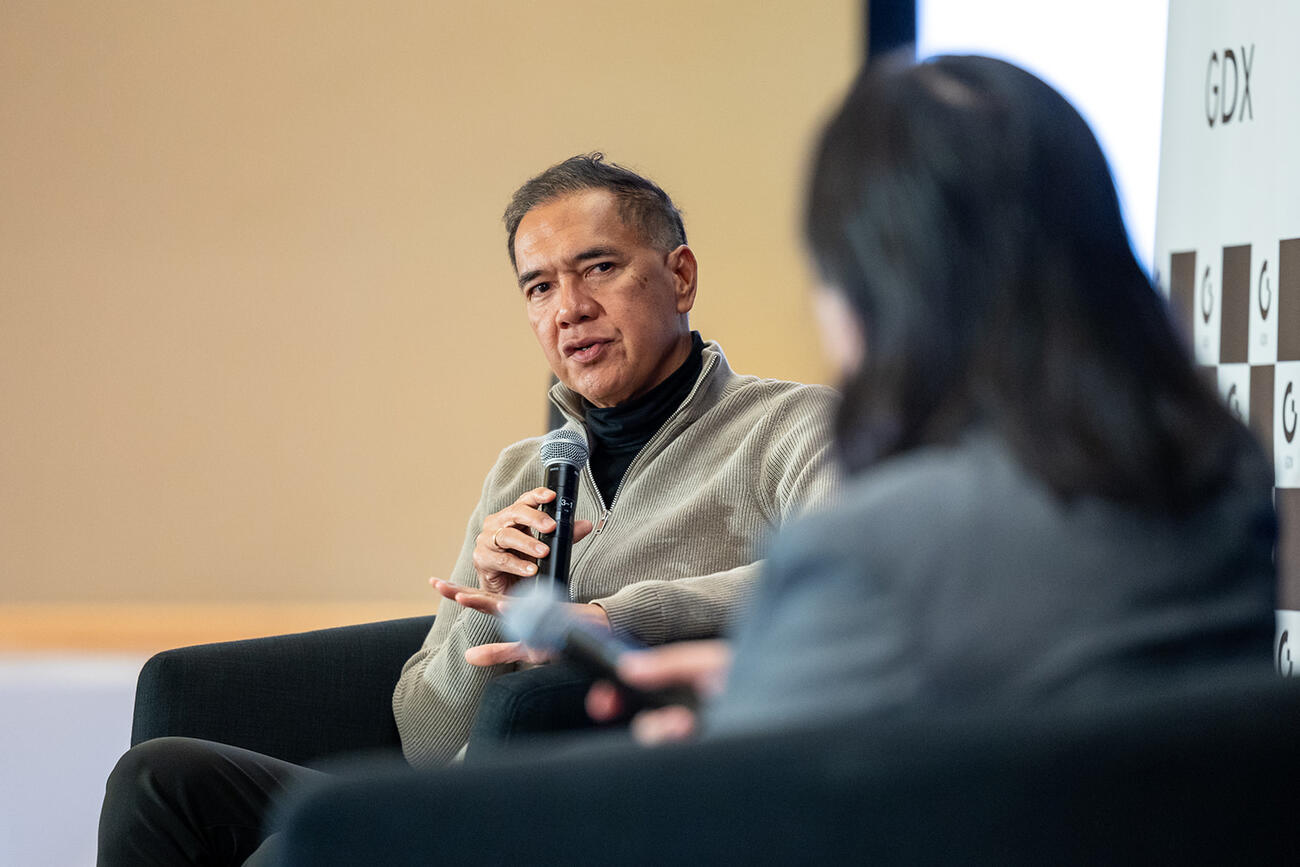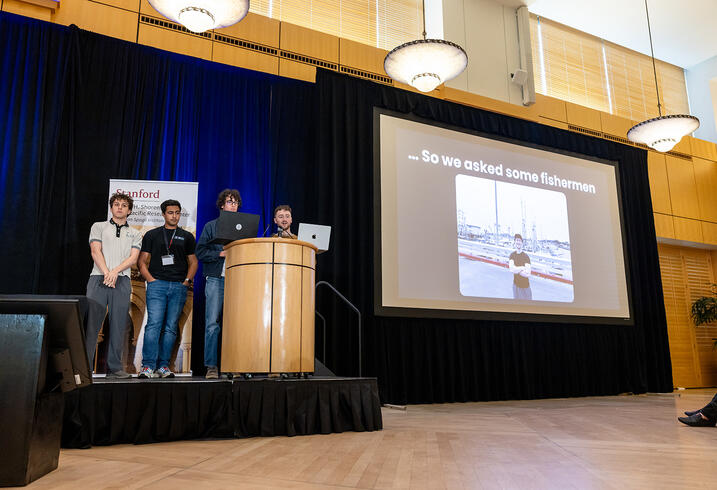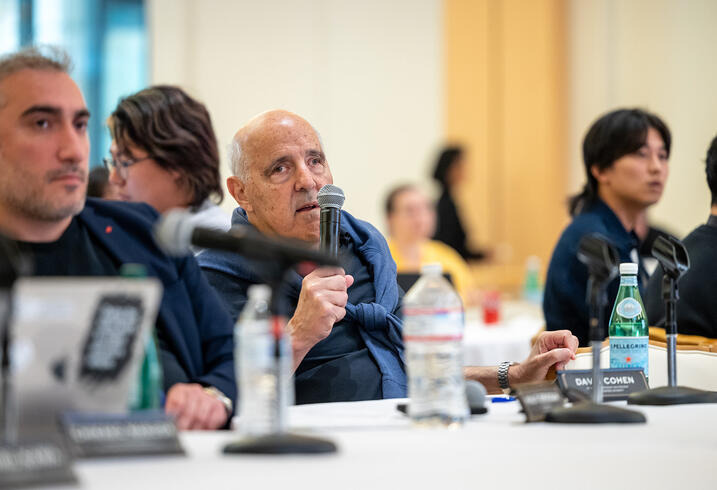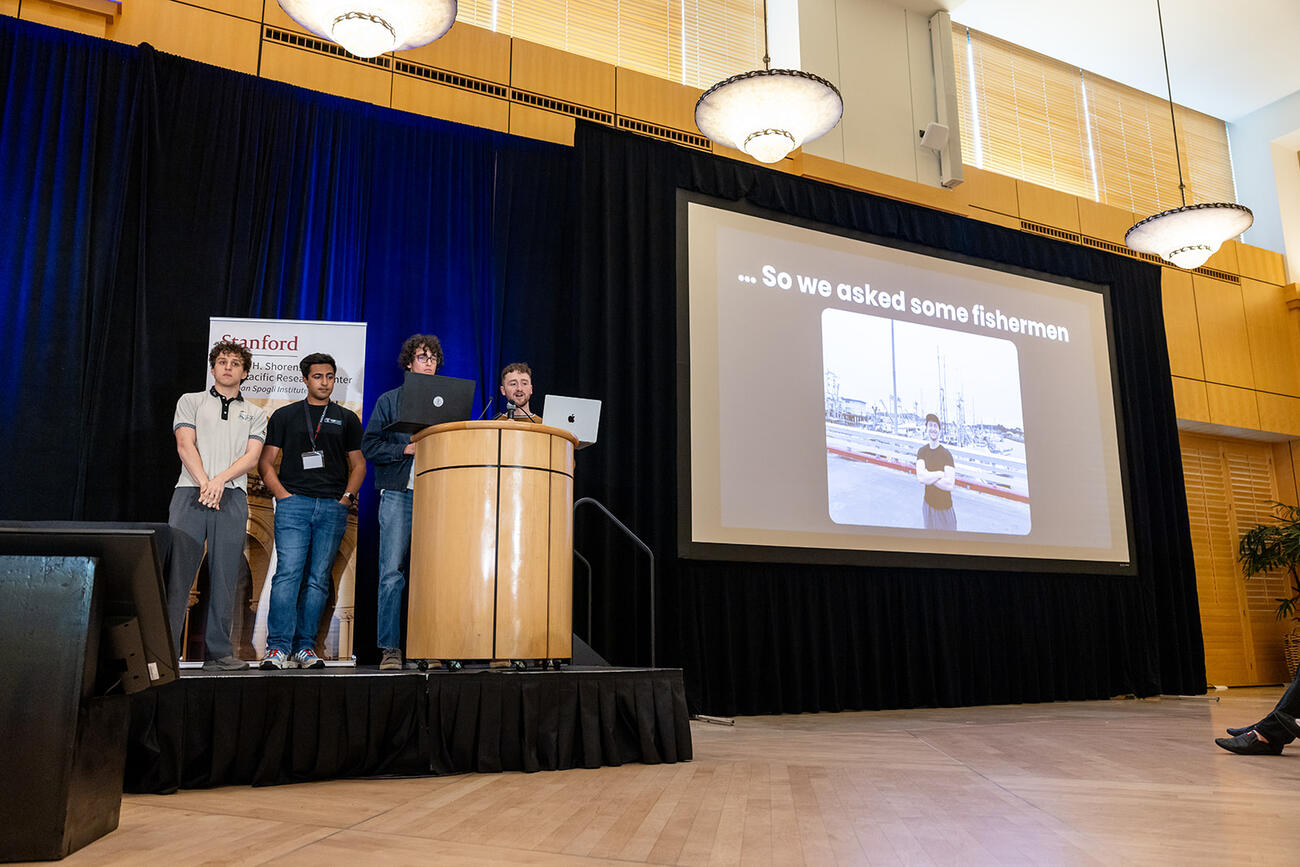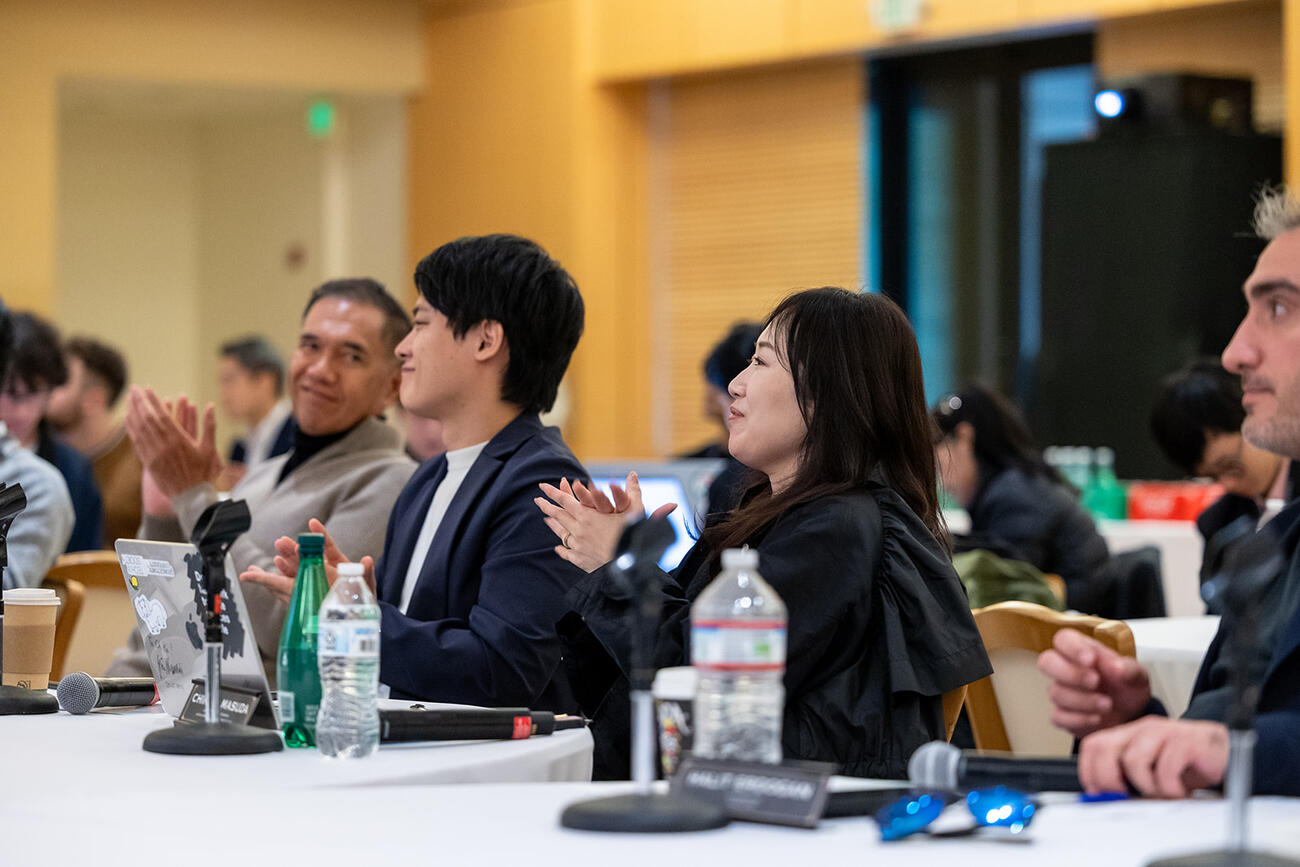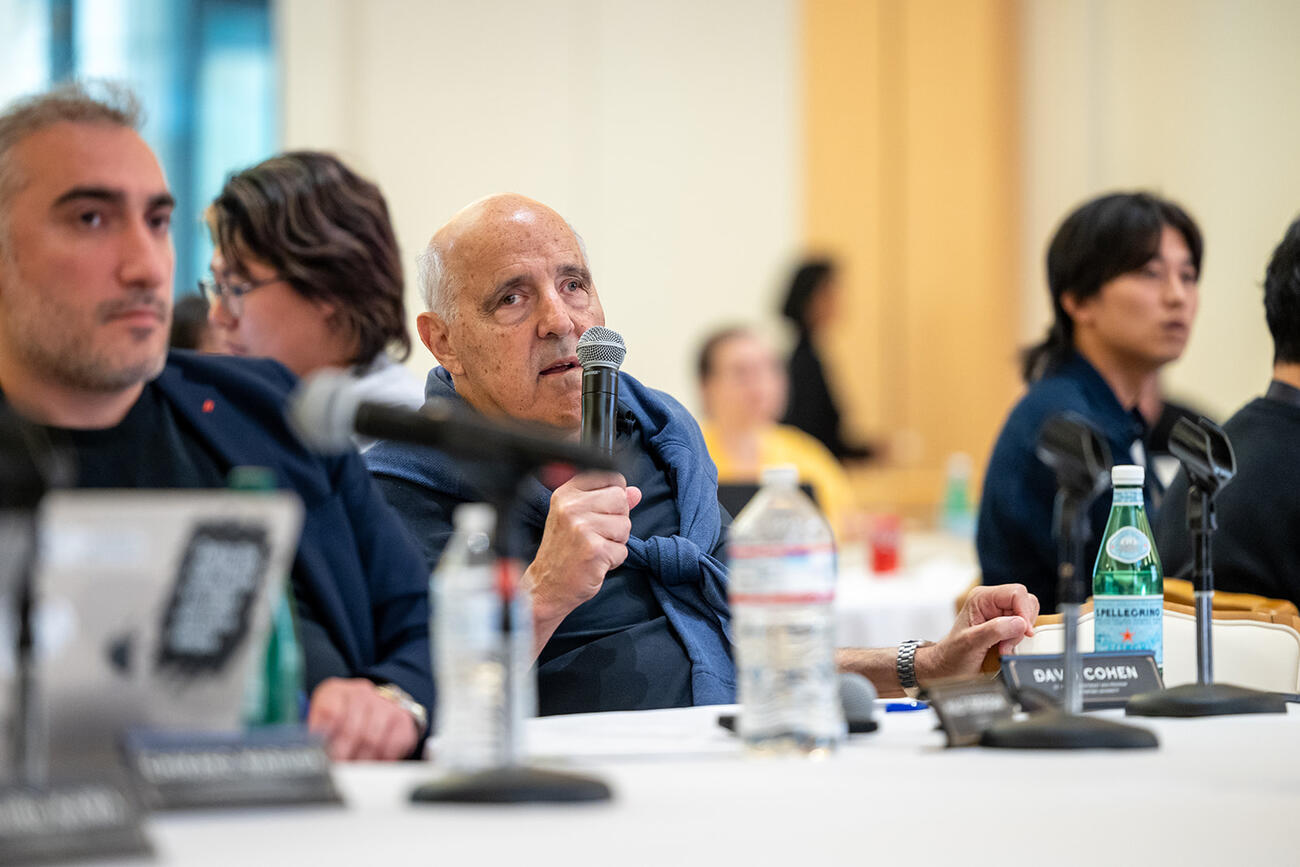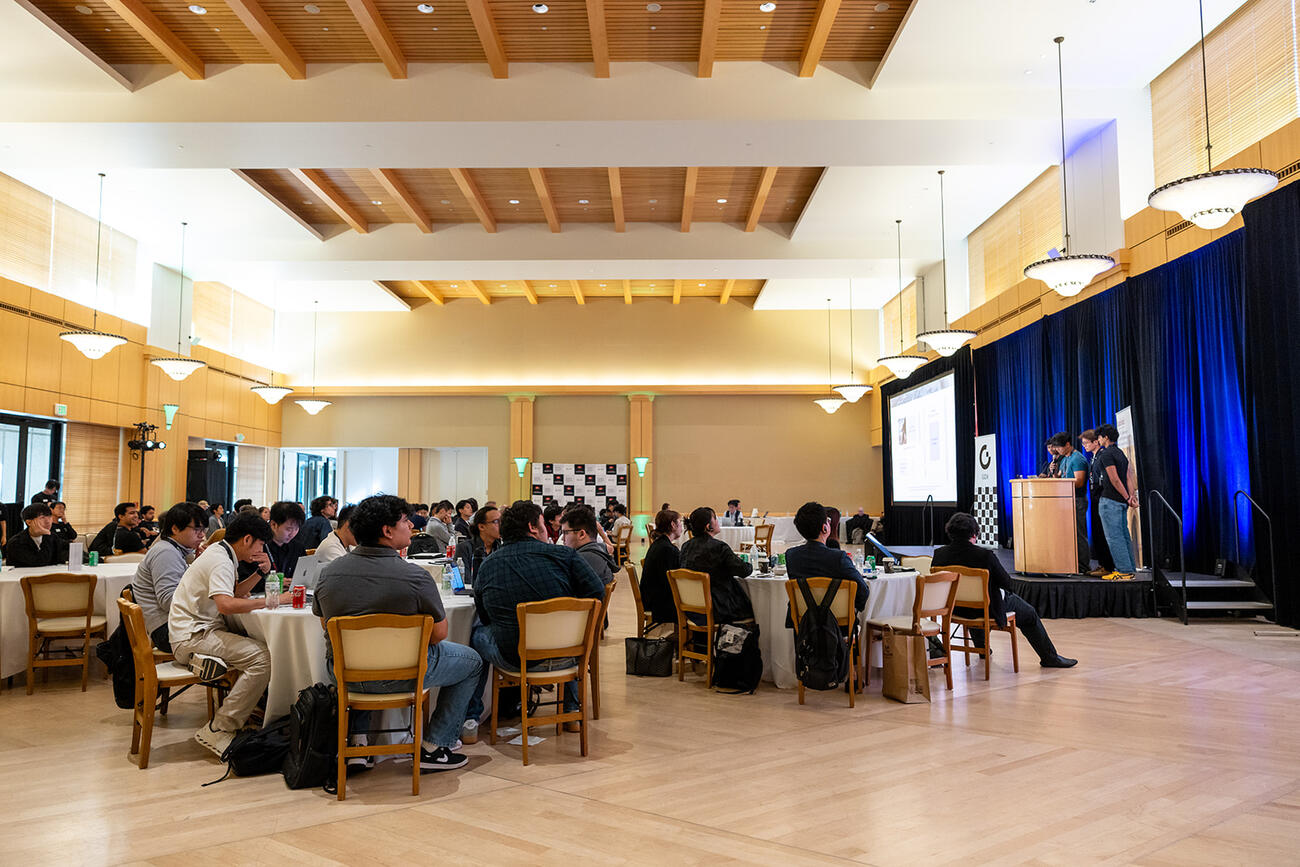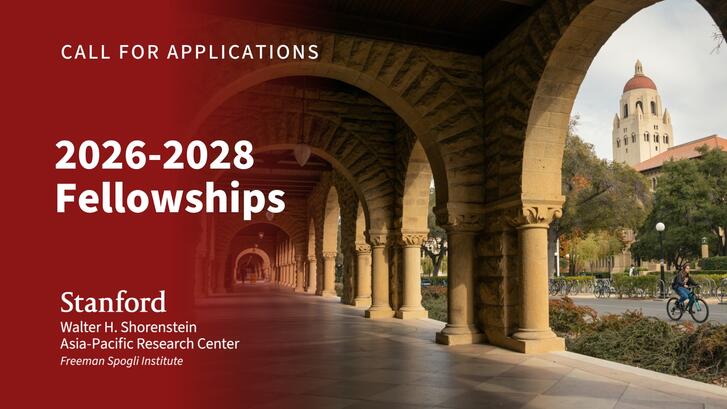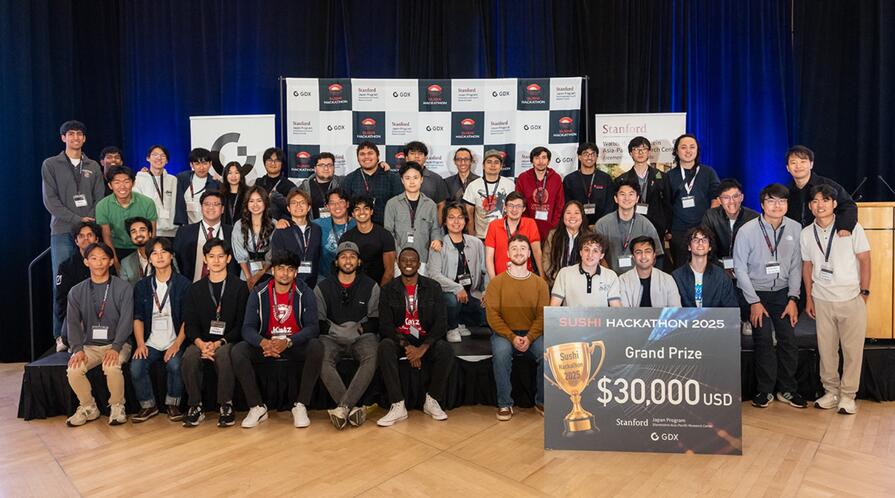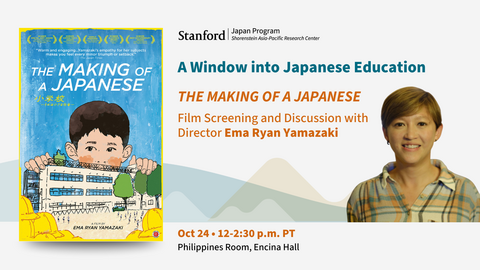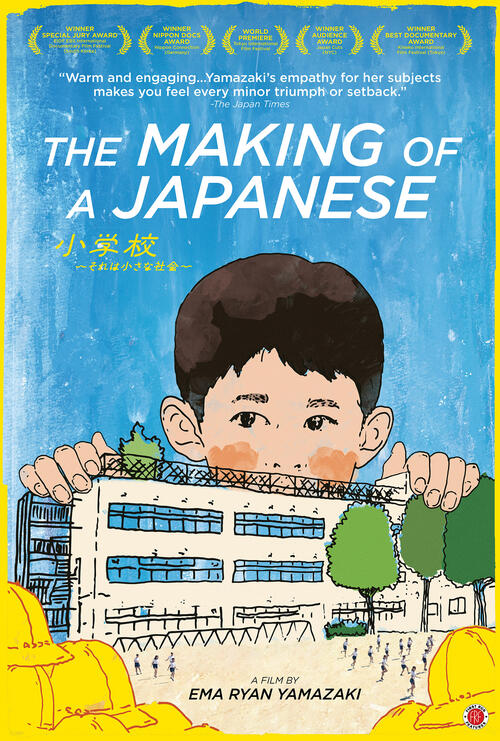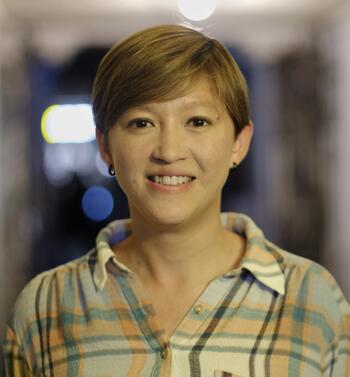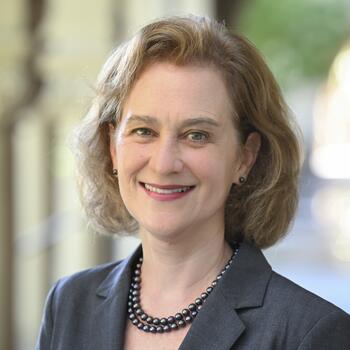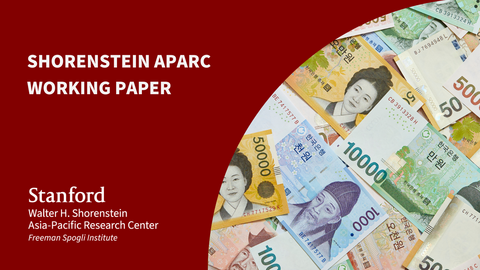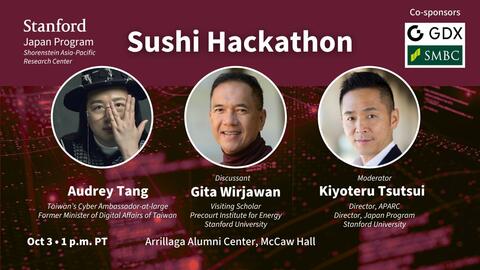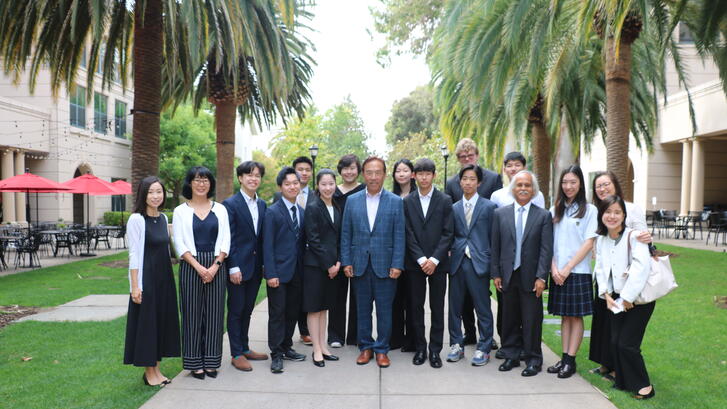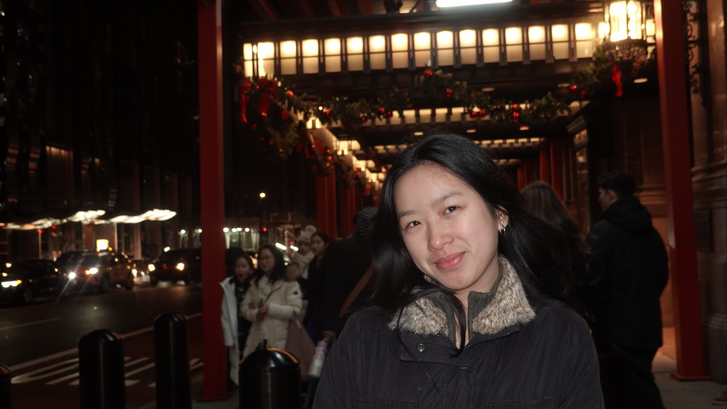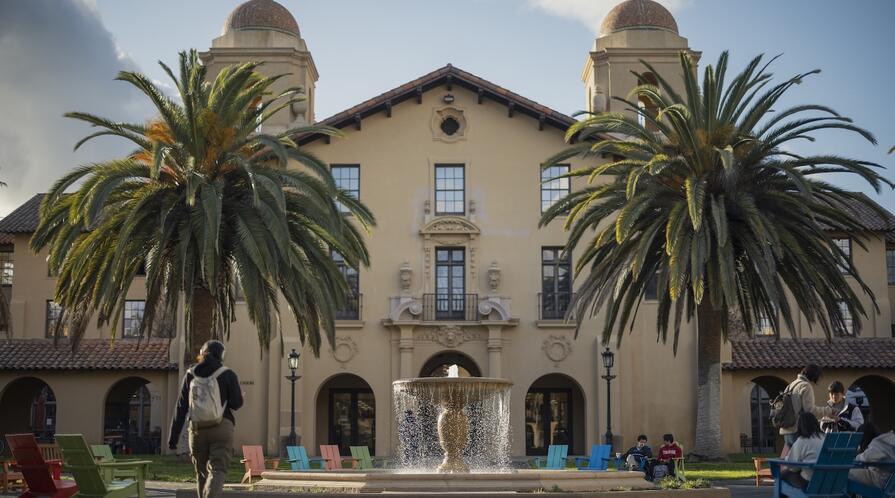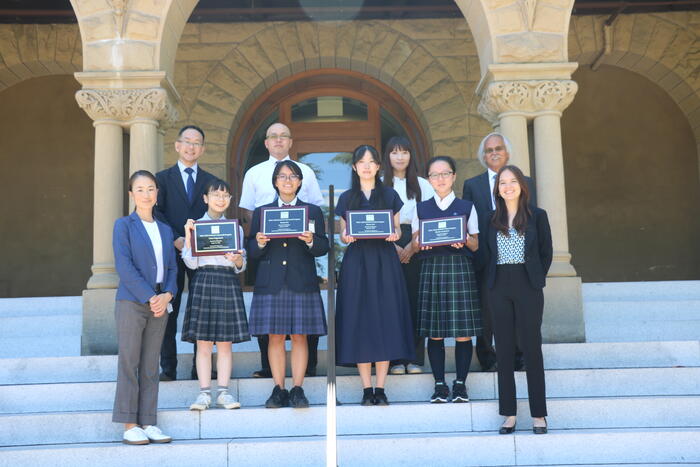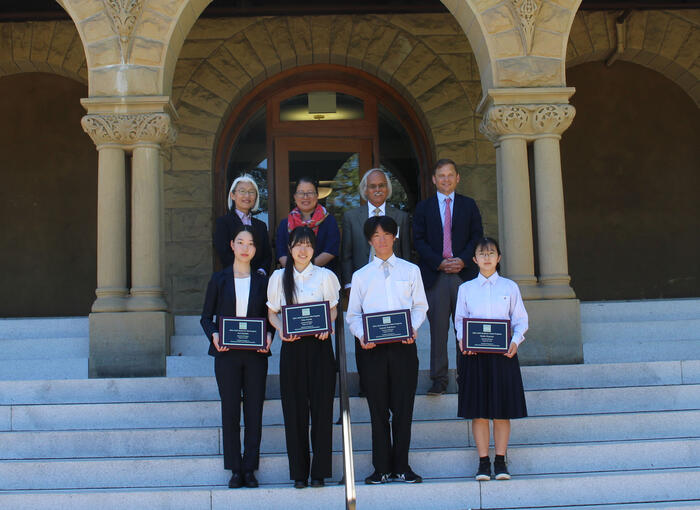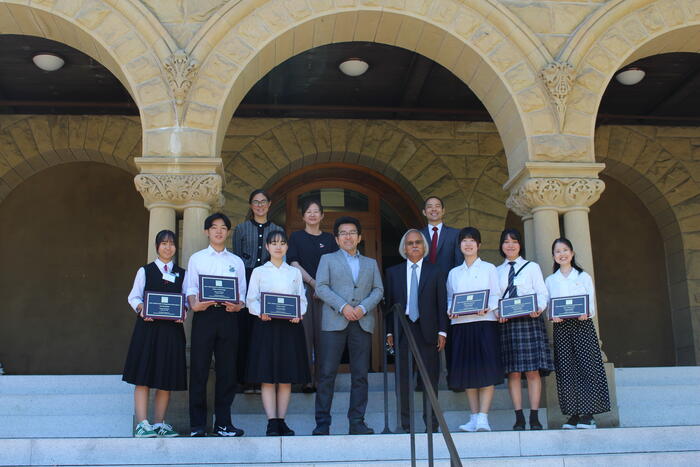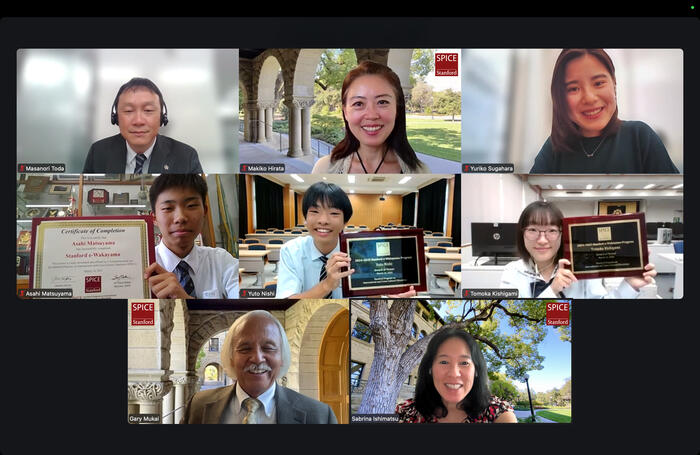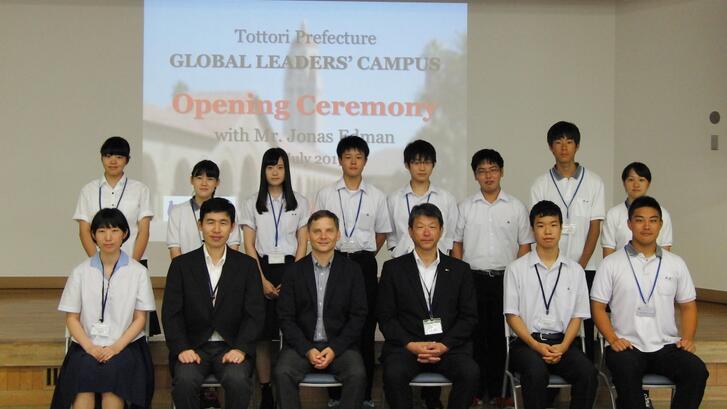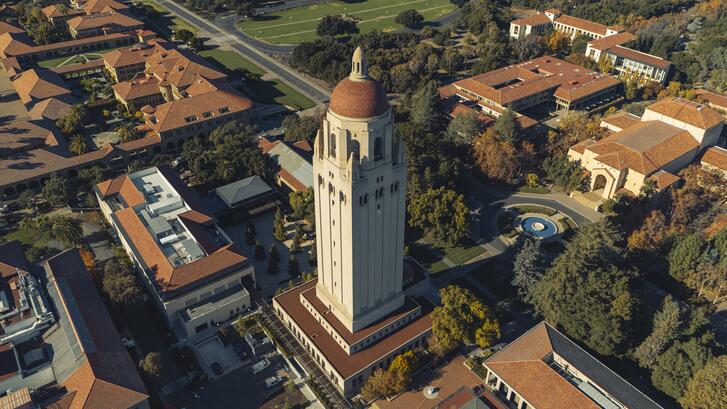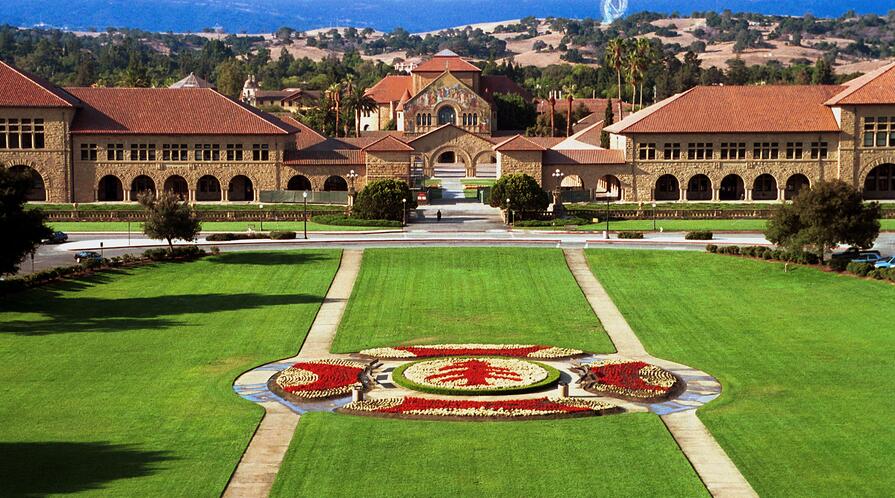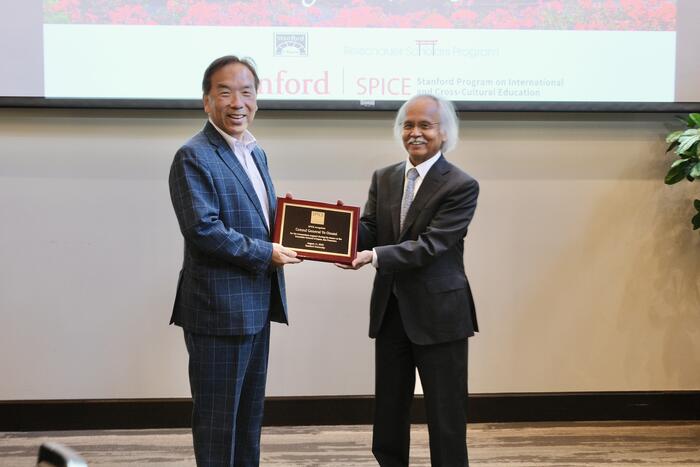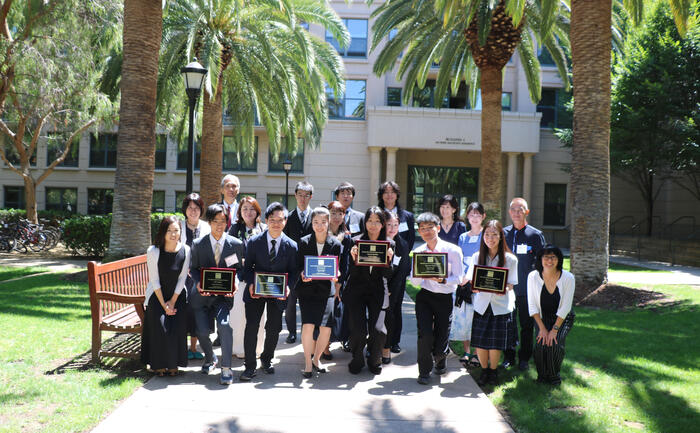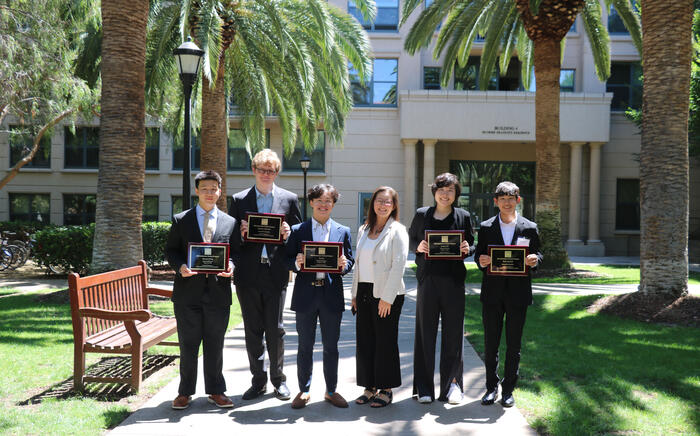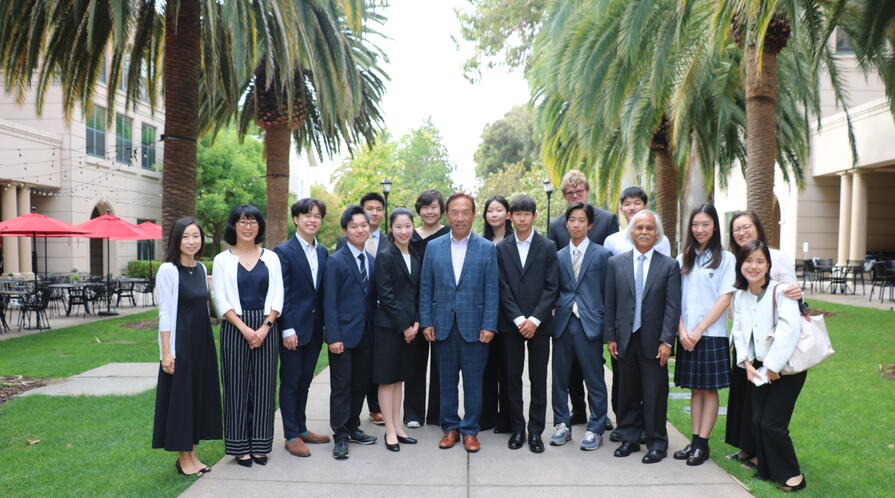Growth and Leadership: The Next Chapter of the Stanford e-Minamata Program
On August 2, 2025, Minamata High School once again opened its doors to celebrate the beginning of a new year of the Stanford e-Minamata Program. The familiar sense of anticipation in the auditorium was met with something new as well: the confidence of a community and a program stepping into its second year. If last year’s guiding spirit was resilience and renewal, this year carries the feeling of growth and leadership, an acknowledgment that the seeds planted in 2024 are already beginning to bear fruit.
In his opening remarks, Mayor Toshiharu Takaoka reaffirmed the city’s dedication to supporting young people through this international partnership, while Dr. Gary Mukai, Director of SPICE, offered words of encouragement that were both lighthearted and deeply meaningful to the eager students in the room. Reminding students that mistakes are not just acceptable but essential to learning, Dr. Mukai underscored the courage and curiosity at the heart of leadership development. His message, paired with the mayor’s steady vision, set a hopeful tone for the year ahead.
That spirit was quickly brought to life by Minamata High School students Asuka Umekawa and Yudai Hirata, who delivered their opening remarks in English. Their poise and determination captured the excitement of their classmates, and their eagerness to bridge local and global perspectives embodied the purpose of the program itself. Their words were not only a reflection of their own commitment, but also a reminder of the potential within this year’s entire cohort.
Photo below: Yudai Hirata, August 2, 2025; photo courtesy Minamata High School.
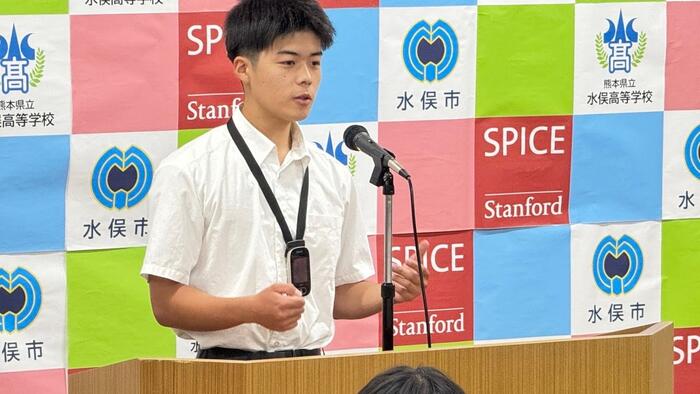
As the program enters its second year, the three themes of environment, emerging technologies, and U.S.–Japan relations remain at the core. Yet, like any thriving endeavor, e-Minamata continues to evolve. This year introduces a new sustainable agriculture module in collaboration with a regenerative farmer in Saga Prefecture, offering students a direct look at innovations shaping the future of Japanese agriculture. Alongside this addition, an expanded roster of guest speakers—some familiar, others new—will broaden the perspectives brought into the classroom.
The 25 students who make up this year’s cohort include first-, second-, and third-year students, creating a dynamic mix of voices and experiences. Their curiosity mirrors that of last year’s inaugural participants, many of whom continue to apply the program’s lessons in their studies, community activities, and even their plans for higher education. The continuity between these groups makes clear that the program is more than a single-year opportunity, it is building a culture of inquiry and leadership that extends beyond the classroom.
Looking ahead, one of the most anticipated elements of this year’s program will be the introduction of a community showcase. Students will work together to identify local challenges and opportunities in Minamata City, and at the end of the year, present their proposed solutions publicly. This new feature not only empowers students to see themselves as problem-solvers, but also invites the broader community to engage with their ideas. In doing so, the showcase promises to deepen the connections between classroom learning and community vitality.
The program’s growth would not be possible without the continued support of many partners. The leadership of Mayor Takaoka and Minamata City Hall remains steadfast. The Minamata Environmental Academia has taken on an expanded role, now guiding much of the program’s coordination. Within Minamata High School, Principal Yasunori Takaki, Vice Principal Fumiko Niibu, and Planning Manager Saho Yagyu continue to provide invaluable support. And while Mr. Hiroki Hara, who was instrumental in the program’s early development, has since relocated to Tokyo, his contributions remain an important part of the program’s foundation.
This year’s opening ceremony revealed the unfolding of student journeys and the steady expansion of a program that is becoming an anchor in Minamata’s ongoing story of renewal. The courage of Asuka and Yudai, the curiosity of their peers, and the unwavering support of local leaders and partners all point to a larger truth: Minamata’s youth are stepping forward not just as students, but as leaders whose perspectives will shape their community and extend far beyond it. The Stanford e-Minamata Program is an invitation to grow, to lead, and to imagine a future rooted in resilience, innovation, and connection.
Stanford e-Minamata is one of SPICE’s local student programs in Japan.
To stay informed of SPICE news, join our email list and follow us on Facebook, X, and Instagram.
Read More
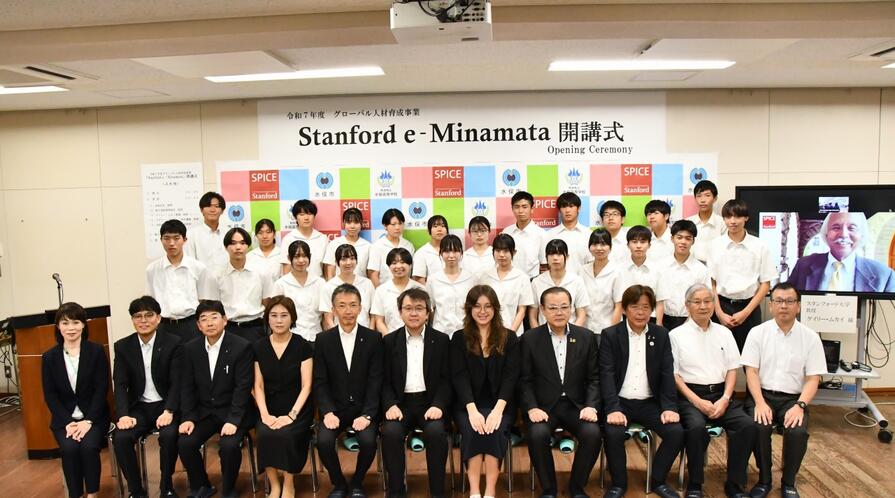
Reflections on the 2025 Opening Ceremony at Minamata High School

